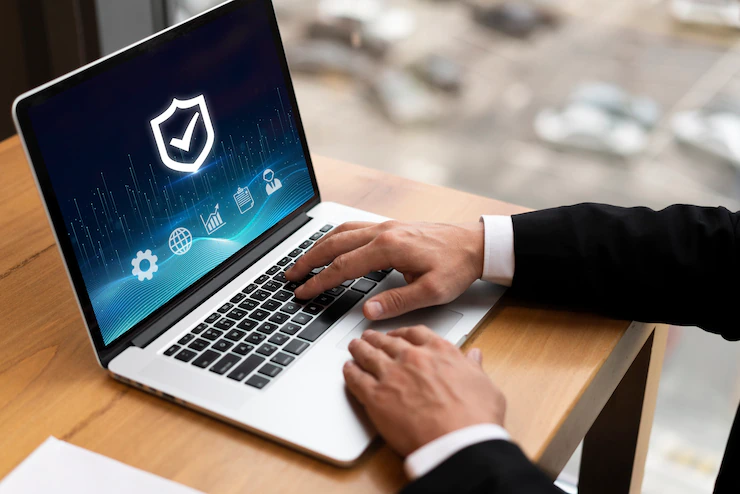The Importance of Security in Virtual Meetings: Safeguarding Your Data and Privacy

In today’s increasingly digital world, safeguarding Your Data and Privacy during virtual meetings has become a staple for businesses, educational institutions, and organizations alike. As virtual meetings become more prevalent, ensuring that safeguarding your data and privacy are protected is of utmost importance. In this blog, we’ll discuss the significance of security in virtual meetings and explore some real-life examples that highlight the need for robust security measures.
Why Security Matters in Virtual Meetings
1. Protecting Sensitive Information
Virtual meetings often involve the exchange of sensitive information, such as financial data, trade secrets, or personal details. Ensuring that this information remains confidential and secure is crucial for both individuals and businesses. Implementing strong security measures in virtual meetings helps prevent unauthorized access, data breaches, and potential leaks of sensitive information.
2. Safeguarding Privacy
Privacy is a fundamental right, and it is essential to protect the personal information of meeting participants. Strong security measures, such as end-to-end encryption and password protection, can help prevent unauthorized access to personal data and maintain the privacy of attendees.
3. Maintaining Trust and Reputation
For businesses and organizations, maintaining the trust of clients, employees, and partners is vital. Ensuring that virtual meetings are secure helps demonstrate your commitment to protecting sensitive information and maintaining the privacy of all involved parties. A strong security posture can help bolster your organization’s reputation and foster trust among stakeholders.
4. Compliance with Regulations
Many industries are subject to regulations regarding the handling and storage of sensitive information. Ensuring that your virtual meetings are secure and comply with these regulations is crucial for avoiding potential legal issues and penalties.
Examples of Security Breaches in Virtual Meetings
1. “Zoombombing” Incidents
During the early stages of the COVID-19 pandemic, a series of “Zoombombing” incidents occurred where uninvited guests would join and disrupt Zoom meetings. These disruptions often involved sharing explicit content, hate speech, or other offensive material. This highlighted the need for better security measures, such as password protection and waiting rooms, to prevent unauthorized access to virtual meetings.
2. Corporate Espionage
In 2020, a cybersecurity firm reported that cybercriminals had targeted executives from multiple organizations with the aim of infiltrating virtual meetings and stealing sensitive information. This incident underscores the importance of implementing strong security measures to protect virtual meetings from potential cyberattacks and corporate espionage.
3. Data Breaches
In recent years, numerous high-profile data breaches have exposed the personal information of millions of individuals. While not all of these breaches were directly related to virtual meetings, they serve as a stark reminder of the importance of robust security measures to protect sensitive information from unauthorized access and potential misuse.
Also Read: How aapoon meet is providing safe and secured communication for the government bodies
Conclusion
The importance of security in virtual meetings cannot be overstated. Protecting sensitive information, safeguarding privacy, maintaining trust, and ensuring compliance with regulations are all crucial aspects of conducting successful virtual meetings. By implementing strong security measures and staying informed about potential threats, you can ensure that your virtual meetings are safe, secure, and productive.



